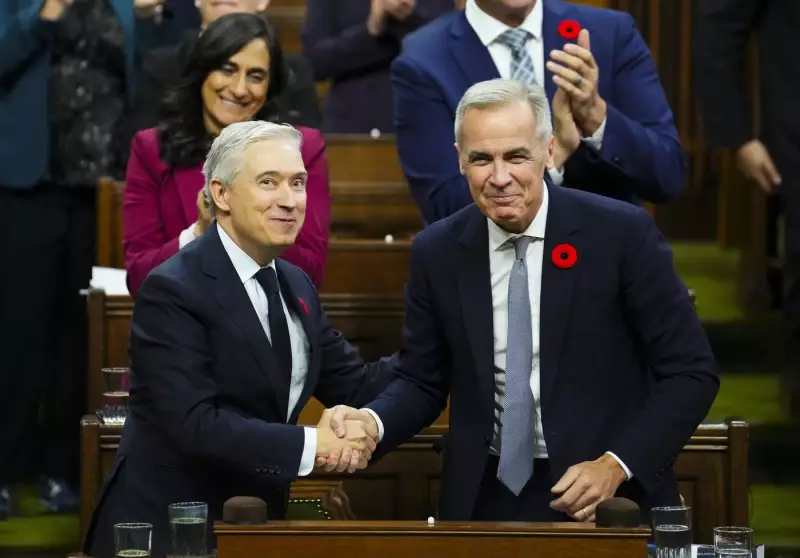
The Trudeau government's newest budget makes a bold promise: to jumpstart business investment across Canada with a multi-billion dollar package of incentives and reforms. But as the ink dries on the 400-page document, the critical question remains—will Canadian companies actually take the bait?
At the heart of the budget's business strategy lies a fundamental tension. While offering new investment tax credits for clean technology and digital transformation, the government simultaneously proposes increasing the capital gains inclusion rate from one-half to two-thirds for gains above $250,000. This dual approach has created what many are calling a "carrot and stick" dilemma that could undermine its own objectives.
The Investment Conundrum
Canada has long struggled with weak business investment compared to other advanced economies. Despite previous attempts to stimulate corporate spending, the gap with the United States has only widened in recent years. The new budget attempts to address this through targeted tax credits, particularly in the clean energy and technology sectors.
"We're seeing a recognition that Canada needs to be more competitive," noted one industry analyst. "The question is whether these measures go far enough to overcome the structural barriers that have held back investment for decades."
Mixed Reactions from Business Community
Initial reactions from Canada's business leaders reveal deep divisions. While some welcome the focus on innovation and green technology, others warn that the capital gains tax changes could discourage the very investment the government claims to want.
Small business advocates express particular concern about the potential impact on entrepreneurs looking to sell their companies or transfer ownership. "This creates additional hurdles for business succession planning," one industry representative commented. "It might make entrepreneurs think twice before starting or expanding their ventures."
The Economic Balancing Act
Finance Minister Chrystia Freeland defends the approach as necessary for fiscal responsibility while still supporting growth. The government argues that the revenue from capital gains changes will help fund important social programs without increasing the deficit.
However, critics point to what they see as contradictory messaging: encouraging investment while potentially reducing the rewards for successful risk-taking. As one economist put it, "You can't have your cake and eat it too when it comes to investment incentives."
What Comes Next
The success or failure of these measures will play out over the coming quarters as businesses digest the changes and make investment decisions. Early indicators suggest some sectors may respond positively to the clean technology credits, while others remain cautious about the broader economic environment.
With global competition for investment intensifying, Canada's ability to attract and retain business capital has never been more critical. The budget represents a significant bet that targeted incentives can overcome broader concerns about Canada's investment climate—a bet that will determine the country's economic trajectory for years to come.






